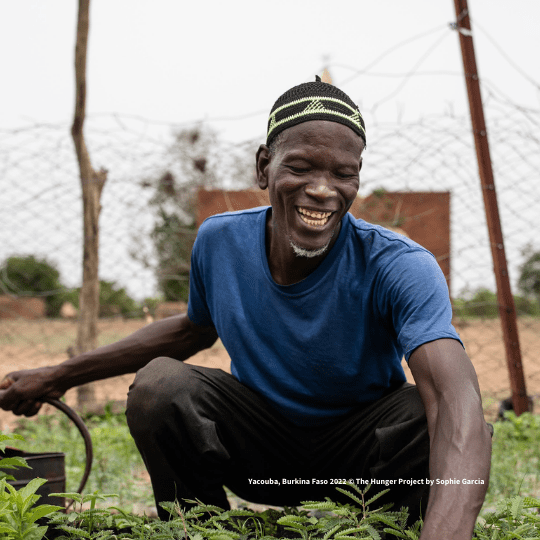The Hunger Project UK
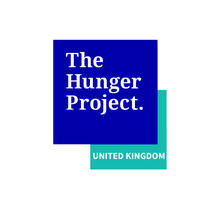
We’re The Hunger Project. Nice to meet you.
The Hunger Project has a more than 40-year track record of standing in partnership with people living in poverty as they work to end their own chronic hunger.
Our vision is a world without hunger. Our mission is to facilitate individual and collective action to transform the systems of inequity that create hunger and cause it to persist. We do this by pioneering sustainable, grassroots, women-centred strategies and advocating for their widespread adoption in countries across rural Africa, South Asia and Latin America.
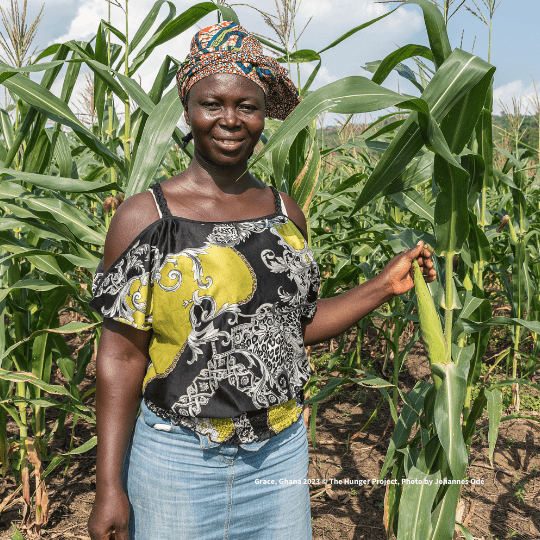
The issues.
783 million people are chronically undernourished. That’s 1 in 10 people living in hunger and poverty. Unlike famines that receive emergency-aid, chronic hunger is a silent, invisible, day-after-day condition. Millions live with hunger and undernourishment because they simply cannot afford to buy enough food, cannot afford nutritious foods or cannot afford the farming supplies they need to grow enough good food of their own.
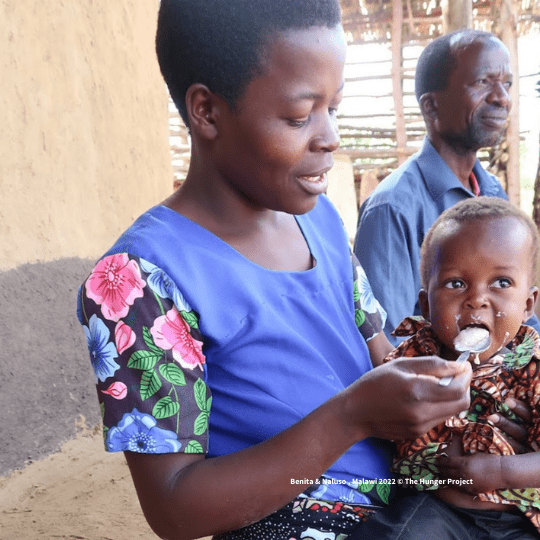
Our approach.
Top-down, aid-driven, ‘West knows best’ models fail to create sustainable, lasting change for communities living in hunger and poverty. At The Hunger Project we’re breaking the cycle of hunger and poverty, by flipping this model on its head. We believe hungry people themselves are the key to ending hunger and we have 40+ years of evidence to say this theory of change works. Our programmes are based on an innovative, holistic approach that empowers people with the skills, knowledge and resources they need to break the poverty cycle themselves and ending hunger sustainably.
As we adapt to meet local challenges and opportunities wherever we work, our programmes have a wide range of objectives such as empowering women, improving maternal health, engaging local governments, supporting small holder farmers on climate resilience, educating girls and ending child marriage.
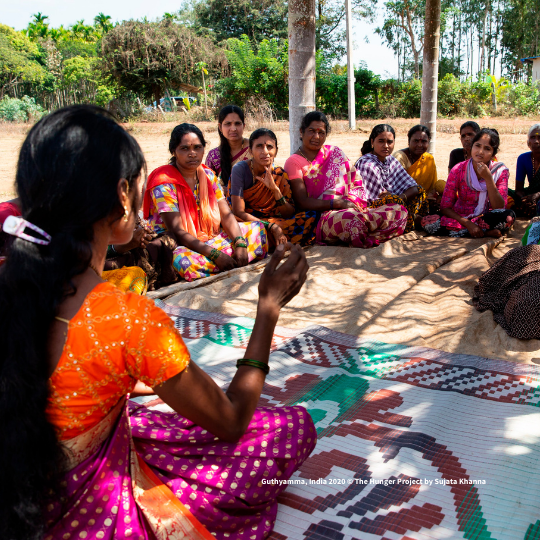
Our impact.
In 2023, The Hunger Project’s work reached nearly 12.4 million people. There are currently 1.2 million people living in 78 self-reliant epicentre communities in Africa with thanks to our work.
